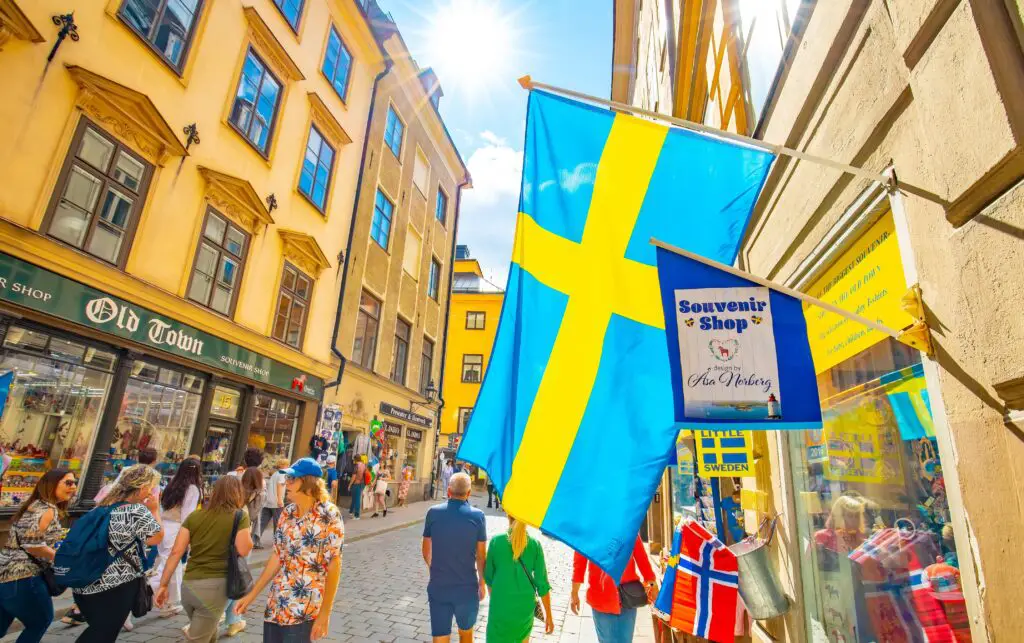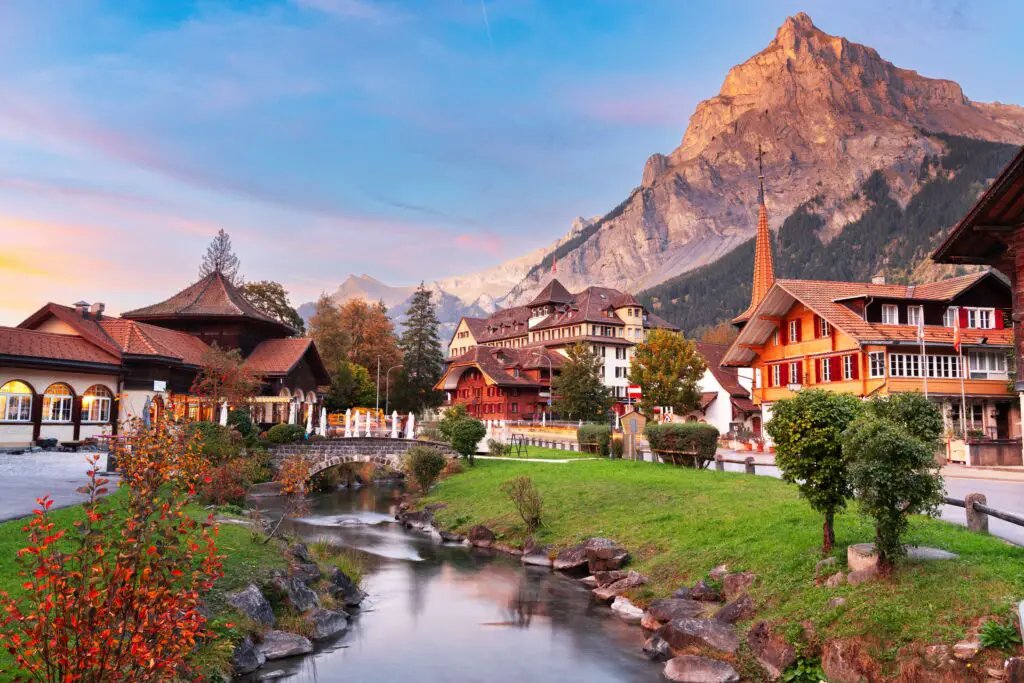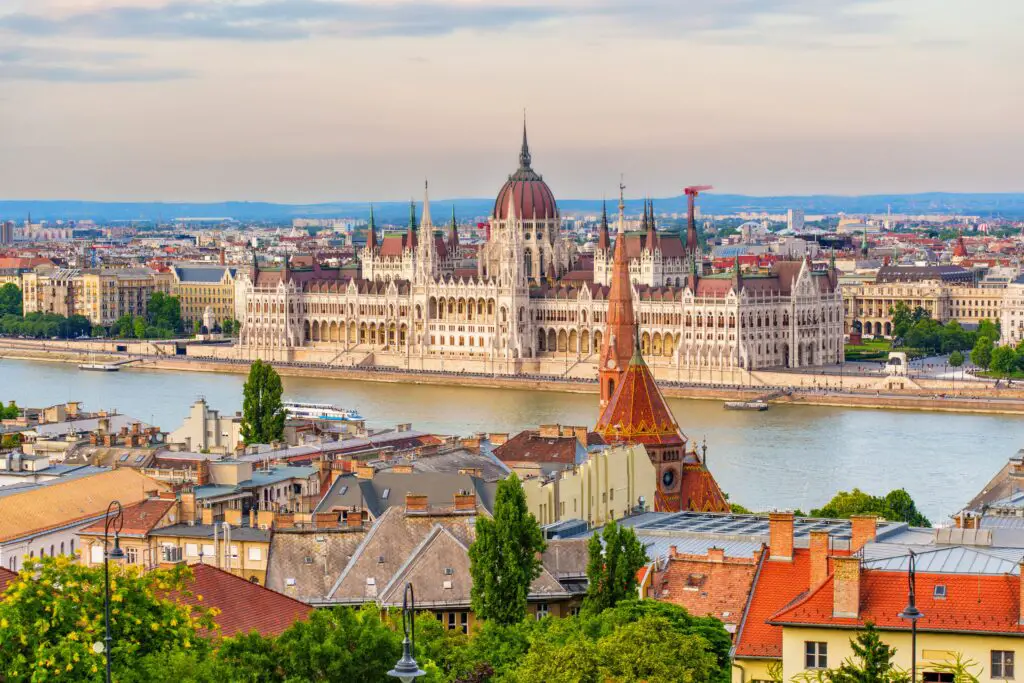1. Japan

In Japan, silence isn’t just golden—it’s expected. Whether you’re on a crowded train or standing in line at the convenience store, talking too loudly can turn heads for all the wrong reasons. Commuters often wear headphones or simply scroll through their phones in near-total quiet. Even in restaurants, people tend to keep their voices low, creating a peaceful, almost meditative atmosphere shares Medium.
This cultural preference for silence stems from values like respect, harmony, and not imposing on others. It’s why you’ll rarely hear phone conversations in public and why many people step aside to take a call. Silence is seen as a sign of maturity and consideration, not awkwardness. For visitors, it can feel eerie at first, but once you get used to it, the calm becomes oddly comforting says Deeper Japan.
2. Finland

Finns are famously comfortable with silence—so much so that talking too much can come off as a little strange. Public spaces like buses and elevators are often quiet, and no one rushes to fill the silence with small talk says BBC. If you strike up a conversation with a stranger, it might be met with polite nods rather than a full-blown chat.
This isn’t about being unfriendly; it’s just a different approach to communication. In Finland, people believe that words should have weight, not just be used to pass the time. Silence can be a sign of trust, indicating that you don’t need to impress someone to enjoy their company. If you ever find yourself sitting silently next to a Finn, know that you’re probably doing just fine adds Nomad is Beautiful.
3. Sweden

Swedes love their “lagom,” which roughly translates to “just the right amount”—and that includes noise. On public transit or even in cafes, you’ll rarely hear loud conversations. People speak in measured tones, and it’s totally normal for long pauses to happen without anyone feeling uncomfortable.
Swedish society tends to favor modesty and respect for personal space. That means not overwhelming others with your voice or energy in shared areas. It’s not about being stiff or unfriendly; it’s more about letting everyone coexist peacefully. If you can embrace the quiet, you’ll fit right in.
4. Germany

In Germany, silence isn’t necessarily a rule, but it is a strong social norm in many public places. Trains and buses are often surprisingly quiet, especially during early mornings or late nights. Germans value efficiency and privacy, and that extends to how they communicate—or don’t—in public.
You won’t often see someone chatting loudly on a phone or striking up small talk with strangers. There’s also a strong respect for personal boundaries, and keeping quiet is a way of showing that. It can feel a little formal at first, but it’s all about creating a calm and orderly space for everyone. Once you pick up on the rhythm, the silence starts to make a lot of sense.
5. Norway

Norwegians are known for being reserved, and that includes how they behave in public. Silence on public transportation or in waiting rooms is normal and even expected. If you’re speaking too loudly, someone might not say anything—but you’ll probably feel the shift in energy around you.
This cultural quietness reflects a broader value of not drawing unnecessary attention to oneself. In Norway, people often see silence as a sign of strength and thoughtfulness. They don’t feel the need to fill every gap in conversation. Once you get used to it, that quiet can feel pretty peaceful.
6. Switzerland

Swiss cities are beautifully calm, and that tranquility extends to the way people talk—or don’t talk—in public. You’ll rarely hear someone talking loudly on a phone or carrying on a boisterous conversation on a train. Silence is not only respected, it’s built into the rhythm of daily life.
This quiet isn’t just about politeness; it’s about maintaining a sense of calm for everyone. The Swiss often equate noise with disruption, and they go out of their way to avoid causing it. If you’re loud in public, it may be seen as inconsiderate or even rude. For many locals, silence is just good manners.
7. South Korea

In South Korea, there’s a strong emphasis on being mindful of others, especially in crowded spaces like subways and elevators. You’ll notice that people speak softly—or not at all—in these situations. Loud conversations are usually kept to private places or social gatherings.
This quiet is tied to a cultural respect for elders and group harmony. Causing a scene, even unintentionally, can be seen as inconsiderate or immature. Silence is a way to keep the peace and avoid drawing attention. It might feel overly formal at first, but it’s really just about being thoughtful.
8. China

In many parts of China, especially on public transportation in big cities, silence is the norm. People tend to keep to themselves, either napping or scrolling through their phones. It’s not unusual for a whole subway car to be packed yet nearly silent.
This isn’t necessarily about cultural shyness, but more about practicality and shared space etiquette. In a place with so many people, staying quiet is one way to reduce stress and maintain order. Silence becomes a social lubricant—less noise, fewer conflicts. It’s an unspoken agreement that helps everyone coexist in close quarters.
9. Hungary

Hungarians tend to be reserved in public, especially among strangers. Public transport, shops, and cafes often have a subdued atmosphere where people speak in low tones. Striking up a conversation with someone you don’t know isn’t common unless there’s a specific reason.
This quiet reflects a value for privacy and intentionality in communication. People don’t feel the need to talk just to talk. Conversations are more likely to happen in familiar settings or among friends. So if you’re sitting silently next to someone on a tram, that’s perfectly normal.
10. Estonia

Estonians are famously quiet, and they embrace silence as a perfectly acceptable part of everyday life. Public places like libraries, buses, and even supermarkets are often hushed. There’s no social pressure to chat or make small talk with strangers.
In Estonia, silence isn’t awkward—it’s comfortable. People often say they feel most at ease when nothing needs to be said. It’s a country where being introverted isn’t just accepted; it’s kind of the norm. If you’re someone who values your quiet moments, Estonia might feel like home.
11. Thailand

While Thai people are generally warm and friendly, public spaces still carry an expectation of quiet and calm. On trains, in temples, and even in markets, people tend to speak softly. Making loud noises or being boisterous can come off as disrespectful.
This stems from Buddhist principles like mindfulness and inner peace, which influence how people behave in public. There’s a big emphasis on maintaining harmony and not disturbing others. Silence is a way to show awareness of your surroundings. Visitors quickly learn that being quiet is often the best way to show respect.
